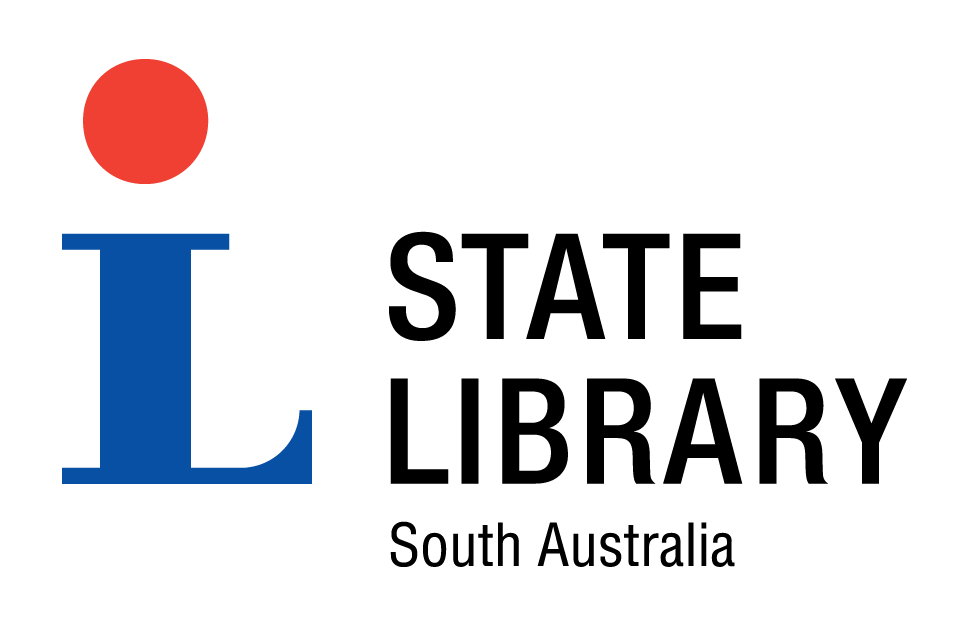
Hawke, Robert James Lee (known as Bob) 1929-

|
| View catalogue details |
Born: 9 December 1929 [Bordertown, South Australia]
Bob Hawke grew up in Bordertown, South Australia, and his family moved to Perth in his teenage years. Hawke joined the Australian Labor Party (ALP) in 1947. He attended the University of Western Australia graduating with Bachelors in Law and Arts (economics) in 1953. Hawke was awarded a Rhodes scholarship and studied at Oxford University from 1953 to 1955. At Oxford, Hawke wrote a thesis on the history of wage fixation in Australia and graduated with a Bachelor of Letters.
On his return to Australia in 1956, Hawke enrolled at the Australian National University in Canberra, but abandoned his doctoral degree two years later when he took up the post of Research Officer and Advocate before the Arbitration Commission for the Australian Council of Trade Unions (ACTU). In 1965 Hawke and his family spent several months in Port Moresby, Papua New Guinea, where he represented public servants in a wage claim. He became president of the ACTU in 1980 and developed a reputation for successfully negotiating with unions, employers and government representatives.
In 1963, Hawke stood unsuccessfully for the federal seat of Corio in Victoria against the Liberal minister for immigration, Hubert Opperman. In 1972 Hawke and his wife, Hazel, were involved in the election campaign that saw the ALP win government for the first time since 1949. In 1973 Hawke was elected president of the Australian Labor Party, holding this office until 1978. He resigned from the ACTU to stand for the seat of Wills, Victoria, in the 1980 federal election and was elected. He was appointed Shadow Minister for Industrial Relations, Employment and Youth Affairs.
Hawke challenged Bill Hayden for the Labor leadership in July 1982 but lost a close Caucus ballot. Rather than face another challenge, Hayden stood down on 3 February 1983, just after Prime Minister Malcolm Fraser had announced a general election, and on 8 February Hawke was elected as Leader of the Opposition. The Labor Party won the 5 March poll convincingly; acquiring a greater majority in the House of Representatives than at any time since the Curtin government was elected in 1943. Hawke had been a Member of Parliament for just two years. He went on to lead the Labor party to three more successive election wins and became Labor's longest serving prime minister.
The hallmarks of Hawke's time as prime minister were the globalisation and deregulation of the Australian economy (including floating the dollar in December 1983) and reform in industrial affairs. These initiatives created a boom in jobs, but also contributed to the recession that hit Australia in the late 1980s. Hawke and his treasurer, Paul Keating, worked in partnership to bring about the economic reforms, but this relationship broke down after the 1990 election - a time at which Keating believed Hawke would step down and allow him to become prime minister. Keating challenged for the leadership in June 1991 and was unsuccessful. He gave up the position of treasurer and moved to the backbench. In December 1991, Hawke was advised to step down, but refused. Keating challenged again and Hawke was defeated in a narrow Caucus vote. He retired from his House of Representative seat in February 1992.
After his political career, Hawke worked as a television journalist for Channel Nine. He wrote his political memoirs, The Hawke Memoirs, and pursued business interests. Hawke has been a vocal supporter of an Australian republic and remains a commentator on public issues.
In 1997 the University of South Australia established the Bob Hawke Prime Ministerial Centre, Hawke Research Institute, and Bob Hawke Prime Ministerial Library.
Key achievements
1971: Gave the inaugural Senator Sam Cohen memorial lecture
1973-1978: President of the Australian Labor Party
1979: Awarded Companion of the Order of Australia (AC)
11 March 1983-20 December 1991: Prime Minister of Australia
Did you know?
Hawke served for most of his political career as Prime Minister, in fact, he never served as a minister.
Further reading
Blewett, Neal. 'Robert James Lee Hawke', Australian Prime Ministers, Michelle Grattan (ed.), Frenchs Forest, N.S.W. : New Holland, 2000
D'Alpuget, Blanche. Robert J. Hawke, a biography, Ringwood, Vic. : Schwartz/Penguin Books, 1984
Hawke, Bob. The Hawke memoirs, Port Melbourne : William Heinemann Australia, 1994
Mills, Stephen. The Hawke years : the story from the inside, Ringwood, Vic. : Viking, 1993
Links
National Archives of Australia: Australia's Prime Ministers: See Meet a PM: Robert Hawke
University of South Australia: The Bob Hawke Prime Ministerial Centre: See The Hawke Legacy


